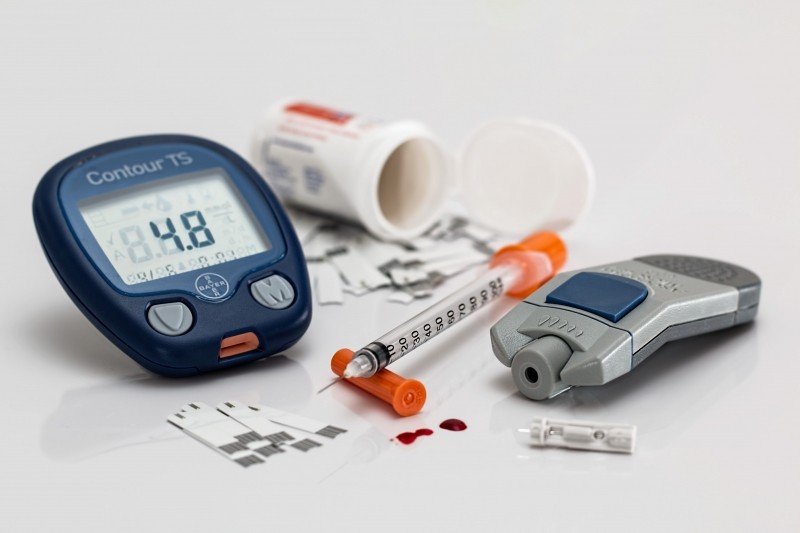Physicians who are also medical writers and editors will want to be aware of the new demand for medical reviewers created by the European Union Medical Device Regulation (EU MDR) of 2017.
Who Is Affected by the EU MDR?
The new MDR applies to all manufacturers, importers, and distributors of medical devices in the EU, and given that the new rules’ full application goes into effect in May 2020, companies and regulators are working in overdrive to ensure compliance. This affects the medical-device industry on a global scale, and includes manufacturers and distributors here in the United States if they market their devices in the EU.
Devices that were previously marked as CE (Conformité Européene) under the old rules, the Medical Devices Directive (MDD), as well as all new devices, will now have to conform to the new regulations under the MDR. This means that technical documentation and clinical data will need to be updated, some devices may be reclassified, and quality assurance processes will have to be revisited.
According to the UK’s Medicines and Healthcare products Regulatory Agency (MHRA), more than half a million devices that are currently CE-marked will need to undergo a transition process to comply with the MDR, since there is no grandfathering of legacy or pre-MDR devices under the new EU regulations.
What Is the Role of Medical Reviewers?
In most cases, medical device manufacturers are finding that they need to revisit and rewrite clinical evaluation reports (CERs) and other regulatory documents to comply with the new MDR. Furthermore, for Class III (“high risk”) devices and implantable devices, the post-market, follow-up CER must be updated at least annually.
The CER, among other things, demonstrates that the medical device in question achieves its intended purpose without creating undue risk to patients; CERs have been required for all medical devices in the EU since 2007, when the MDD was created. But the new MDR, as noted above, will require significant and more frequent CER updates.
MEDDEV, one of many general guidance documents addressing various requirements and expectations to be met for conformity with EU regulations, in a recent revision raised the bar for the expertise level expected of evaluators for CERs. Specifically—and most importantly, for potential physician reviewers—the CER must be reviewed and approved not only by the manufacturer, but by an appropriately-qualified medical professional as well.
This has created opportunities for clinically-experienced physician subject matter experts to serve as reviewers for these CERs. And physicians in the needed specialties (which differ by manufacturer) who also have medical writing or medical editing expertise are ideally suited to these opportunities, because such physicians are quite rare.
How Does One Become a Medical Reviewer?
While it is possible to perform job searches for this, it is more likely that, if you have the requisite experience and skill set, a device manufacturer or life-sciences recruiter will contact you directly.
But you have to make sure you can be found by the right people, the ones who are searching for the very skills you bring to the table. You do this by keeping your LinkedIn profile up to date, and making sure that your bio there lists any key words (including your specialty and any medical review, consulting, editing, or writing experience you may have) that will show up in a recruiter’s search.
You can also post your profile in the directory of the American Medical Writers Association (AMWA), which is another place where recruiters, directors, and hiring managers at device-manufacturing companies look when trying to find the right skill set to match their medical-reviewer needs. You need to be a member of AMWA to post a profile in the directory and to search the job board (which often lists freelance medical writing/editing opportunities), but if you are serious about a medical writing career, you should seriously consider becoming an AMWA member anyway. I myself am an AMWA member, and have found a great deal of value in it.
It is a challenging time in the European regulatory arena, but physicians with the appropriate skill set are well positioned to provide much-needed expertise and guidance to the medical-device industry.
Sign up for “The Writer Is In” newsletter and never miss a post: https://yasminealimd.com/newsletter-sign-up/
Photo on VisualHunt


